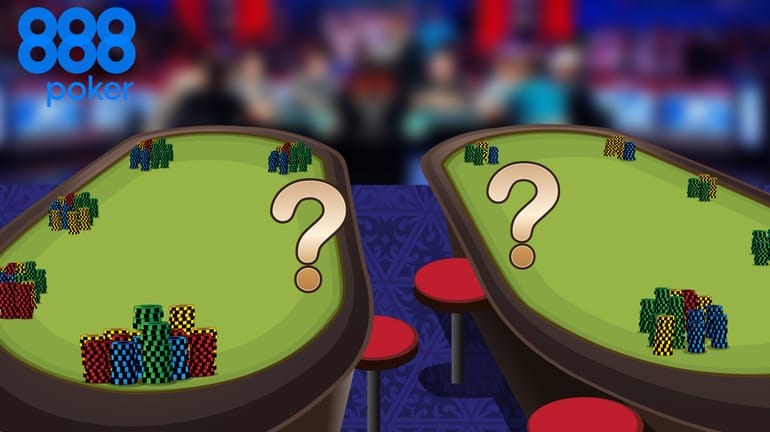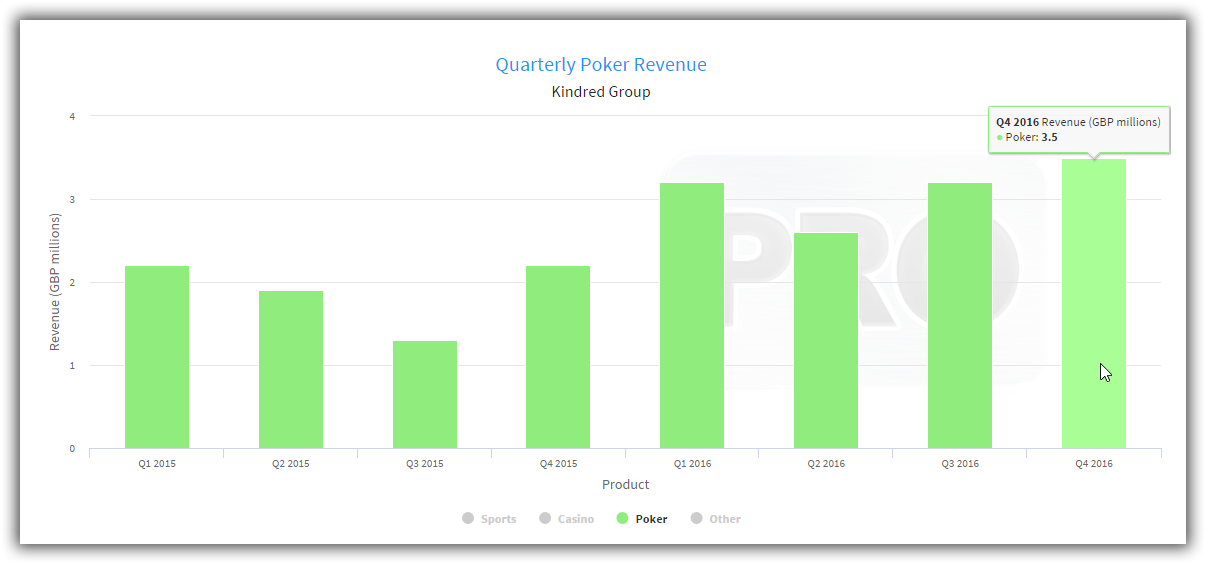Poker Seat Selection
- Table Selection vs Seat Selection The first important thing to know before learning table selection is to understand the difference between that and seat selection. Poker seat selection talks more about the importance of where you should be seated during a game to give you an advantage against your opponents.
- Such is the state of online six-max cash poker that now even the low-limit grinders put serious effort into understanding good table selection.However, table selection’s younger cousin, seat selection, oddly gets relatively little press.
- Poker experts might use a lot of nicknames and abbreviations for different positions and seats at the poker table. UTG, cutoff, the hijack, and others are all things that the casual player might not understand. Here they are gathered together so we can go around the table and learn each position's nickname when they have one.
- Table and Seat Selection for Ring Games. You will see many novices join any available online poker table to start playing their favorite ring games without putting any thought into what table or seat to pick.
I arrived very early one morning at a nearby poker room. There were two tables, each with a seat available. I had my pick.
I looked around both tables for the clues I usually search for when sizing up a game and deciding where to sit. I decided which of the two seats was likely to be better for me, for reasons I'll reveal in a bit, and sat down.
Online Poker Table Selection In terms of your playing strategy, finding the right table to play at can make the difference between winning and losing your game. By extension, always sitting in the.

As I did, one of the players at the table looked up and said, to be helpful, 'I don't know if you want that seat, buddy. The guy who left it just dropped a ton of money.'
I thanked him, sat down, saying that from my experience if a guy loses a lot of money that means that the seat is going to be lucky for the next guy.
Of course that's not really how to determine whether a seat is likely to be profitable. But it's what some players think. So I thought it made sense to reinforce that view — letting others think I might be a superstitious player.
In truth, though, I had considered many other, genuinely significant factors in mind when choosing my seat that I'll share with you here.

Here is a list of some questions to ask to help you judge which seat that's open might have the most profit potential.
1. Is there sufficient money on the table?
Sometimes a seat isn't likely to be profitable because the table as a whole doesn't have enough money on it. If everyone, or nearly everyone, is playing with short stacks, the rake is likely to eat up all of the profit you can expect.
As a general rule of thumb, I want three or four players to have stacks of at least 100 times the big blind ($200 in a $1/$2 game), and most of the other players to have at least 50 big blinds. So if I see a table with a whole bunch of stacks under $100, even if I judge most of the players to be poor, I'm inclined to take a pass and look elsewhere.
Poker Seat Selection Rules
2. What is the quality of the players at the table?
In general, I want a game where at least a few of the players appear to be relatively poor. If I see a table filled with good guys I know to be good or better, without even a couple of potentially soft spots around the table, I am inclined to keep looking for a seat elsewhere.

3. Is the empty seat to the left of one of the large stacks?
As the great poker theorist Mike Caro has pointed out, money tends to flow clockwise around the table. You're more likely to win money from a player on your right than from a player on your left. That's generally because with the large stack on your right, you have first crack at his big stack.
That means an empty seat to the left of a large stack should be more inviting than one on the big stack's right.
4. Is there action?
It usually doesn't take that long to see if the game is lively or a rock garden — just a few hands is often enough. Are players all folding preflop? Do players tend to call a preflop raise? Are some at least willing to gamble it up from time to time?
Yes, it's true that a really good player can make money no matter what the level of action is in a game. But in general, your ideal game is one with a lot of loose and passive players — with players doing a lot of checking and calling.
A few hands should reveal enough to make a good estimate of the character of the game. Your best and quickest indication of this is to see how many players are still in for the turn and the river. If it's always heads-up, or if hands rarely even get to the turn, that's a sign that there are few if any loose gamblers at the table.
5. Are players generally having a good time?
You're much more likely to win money if players seem to be having fun. If players seem somber and serious, that's not a good sign.
What you want to look for is laughing, perhaps some drinking, and maybe even a few Keno betting slips — that is to say, indications the players are playing poker more to have a good time than to earn their living.
6. Where is the seat relative to the aggressive and tricky players?
Assuming the table as a whole is acceptable, you ideally want the seat to the left of the tricky, loose, and aggressive players. You want the advantage of seeing how they will act before you decide to enter the pot, and before you decide how you will play your hand.
Poker Seat Selections
If there's an active, aggressive player sitting to your right, for example, you are better able to consider that action before deciding whether and how to play your hand. Similarly, you'd prefer not to have him on your left, lest you find yourself having to face a raise or reraise from him after you have already entered the pot.
Other Questions
There are some other considerations worth making as well, especially if it's a close call between two available seats:
- Does the big stack look like he's getting ready to leave? If he does, the quality of the game may diminish significantly.
- Is the game likely to break up soon? If it's short-handed already and one or two players look like they might be leaving, you may be better off elsewhere.
- Has the big stack stopped gambling? Sometimes players shut down after winning a large sum of money, opting to 'sit on their profits.' If he isn't giving any action, his large stack isn't really a target, and (again) you might be better off elsewhere.
- How fast is the pace of the game? Ideally, though you want to be in a game where people are having a good time, if there are any really drunk players in the game, the action may be significantly slowed, reducing the number of hands per hour from which you can win money.
Conclusion
Many of these questions apply equally well when playing poker online (on sites where you are allowed to select your seats, that is). Picking the right seat is no guarantee of winning, of course. But picking the wrong seat can severely limit your ability to win.
If you can, take at least a few minutes to size up the likely profitability of the seats that are available before you sit down. Then, even after you sit down, occasionally monitor the other games to see if a move might be profitable. Finally, make sure to get a seat-change button for your game, just in case a more profitable seat at your table opens up.
Ashley Adams has been playing poker for 50 years and writing about it since 2000. He is the author of hundreds of articles and two books, Winning 7-Card Stud (Kensington 2003) and Winning No-Limit Hold'em (Lighthouse 2012). He is also the host of poker radio show House of Cards. See www.houseofcardsradio.com for broadcast times, stations, and podcasts.
Tags
live pokeronline pokerno-limit hold’emseat selectionposition